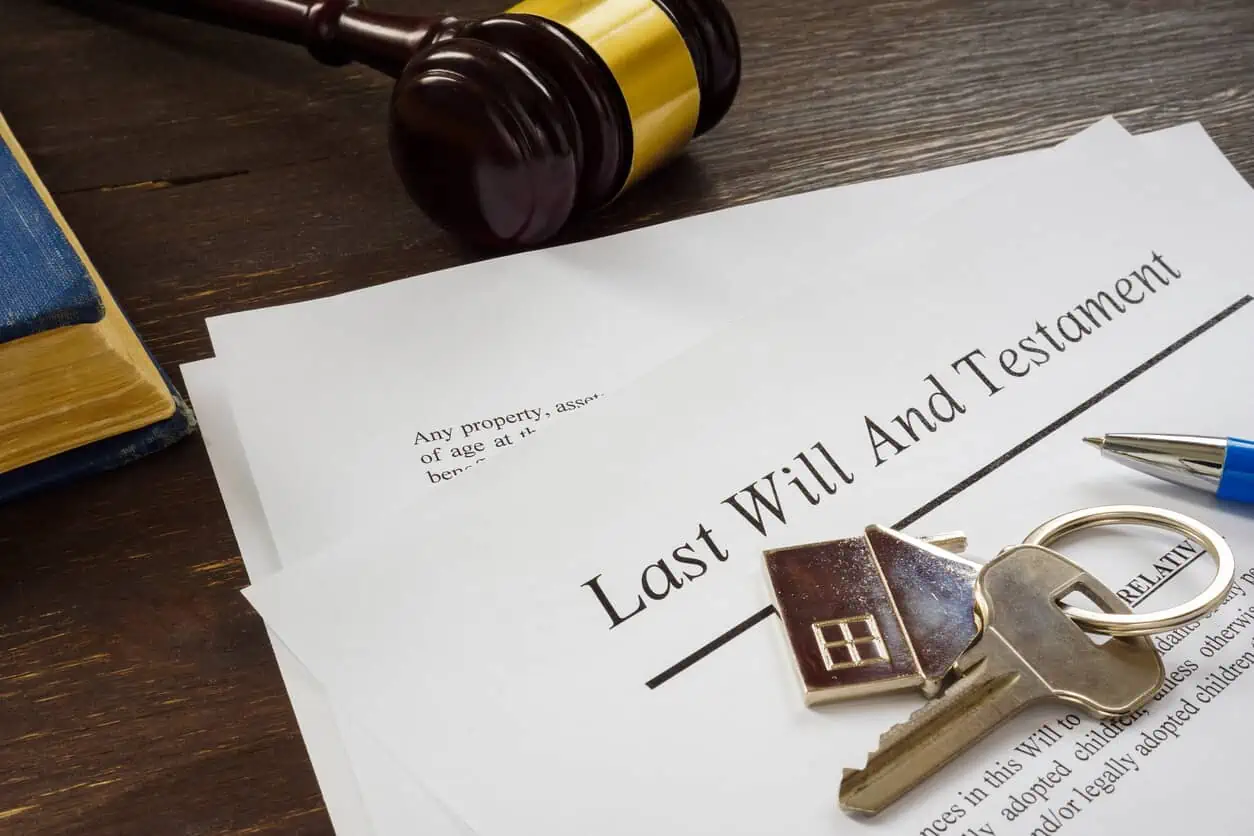You’ll feel great peace after completing funeral planning and writing your last will and testament. Let’s focus on the second part of end-of-life planning, which should be completed as soon as you have children or accumulate assets.
Reasons for Writing a Last Will and Testament in Alabama
A last will and testament is a legal document that can help you protect your family and assets.
People use a last will and testament to name a guardian for their minor children. They also name an executor of the estate who will make sure the terms of your will are followed. Of course, a will also allows you to name the people and organizations that will inherit your personal property.
If you die without a will in Alabama, your property will be distributed according to state “intestacy” laws. Your assets will be given to your closest relatives, beginning with your surviving spouse and children. The state will take your property if you have no living relatives by blood or marriage.
If this arrangement suits you, you don’t have to leave a will behind. However, most people have a few specific instructions they want to record.
How to Write a Valid Will in Alabama
To write a will in Alabama, you must be 18 years old and of sound mind. The will must be printed on paper and signed in front of two witnesses who add their signatures to the document. You do not have to have your will notarized in Alabama. However, a notarized will (or a self-proving affidavit) speeds up the probate process.
Where to Keep Your Will
Most sources recommend that you file your will with the probate court. Your executor can access the will after your death, but still – paperwork must be filed for it to be sent to the judge to accept. Others recommend keeping your will with your attorney – or in a home safe that your executor can access.
While privacy and security may be of concern, it’s important to remember that your estate planning documents must be able to be found. Let your executor, alternate executor, and close family members know where your important documents are stored, including any life insurance policy, living will, and funeral arrangements.
Avoid placing such documents in a safe deposit box, especially your funeral plans, as the bank may seal them if they learn about your death. And remember that the probate court does not accept digital copies of a will, so don’t leave your final wishes stored on your computer.
How to Make Funeral Arrangements
While a trusted attorney or an online will maker can help you create an estate plan, you need to contact a funeral home in your area to plan your funeral and end-of-life services.
Making arrangements allows you to record your preferred method of disposition (cremation or burial), and pre-paying enables you to save money on funeral expenses. Your loved ones won’t have to guess “what mom/dad would have wanted.” And they won’t stress coming up with the necessary funds to pay for your funeral.
Alabama Funeral Homes and Cremation Centers can help. We will walk you through the entire funeral-planning process and keep a record of your preferences. Contact a member of our team today to get started.
Key Takeaways About Writing a Simple Will and Funeral Planning in Alabama
- You can complete the will-writing process on your own in Alabama.
- The will must be printed, and it would be best if it were notarized in front of two witnesses.
- Contact a nearby funeral home to complete the funeral planning process.






